General Motors looked to be the leader in the electric vehicle market by investing heavily in the segment, and that push crimped its Q3 earnings numbers as it took a $1.6 billion charge to offset investments in its EV operations during the period. However, the company still reported a profit, and investors are happy.
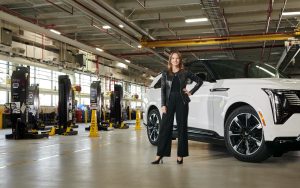
Mary Barra, GM Chair and Chief Executive Officer, said the company took a $1.6 billion charge in Q3 to offset investments in its EV plans.
The company reported its earnings fell 57% compared to year-ago numbers to $1.3 billion as a result of the EV-related charge it took earlier this month. Chair and CEO Mary Barra told shareholders the company is right-sizing the business due to the changing economic and political climates.
As a result, GM revised its full-year guidance. Company officials now expect its annual adjusted core profit to be between $12 billion to $13 billion. This is higher than the previous estimate of $10 billion to $12.5 billion. The Detroit automaker said tariffs would hit its bottom line less than anticipated, lowering its updated impact to a range of $3.5 billion to $4.5 billion, from a previous $4 billion to $5 billion.
The announcements are making investors almost celebratory. GM shares are up nearly 16% in early afternoon trading, hovering just above the $67 mark. The stock closed Monday at $58. It bolted out of the gate — GM reports before the market opens — at $63.76.
The numbers
The company reported Q3 2025 revenue of $48.6 billion and net income of $1.3 billion. GM’s quarterly adjusted earnings per share dropped to $2.80, beating LSEG analysts’ expectation of $2.31, Reuters reported.
GM’s revenue and net income numbers for the quarter were down 0.3% and 56.6% respectively, compared to Q3 2024 results. The company’s EBIT-adjusted earnings ca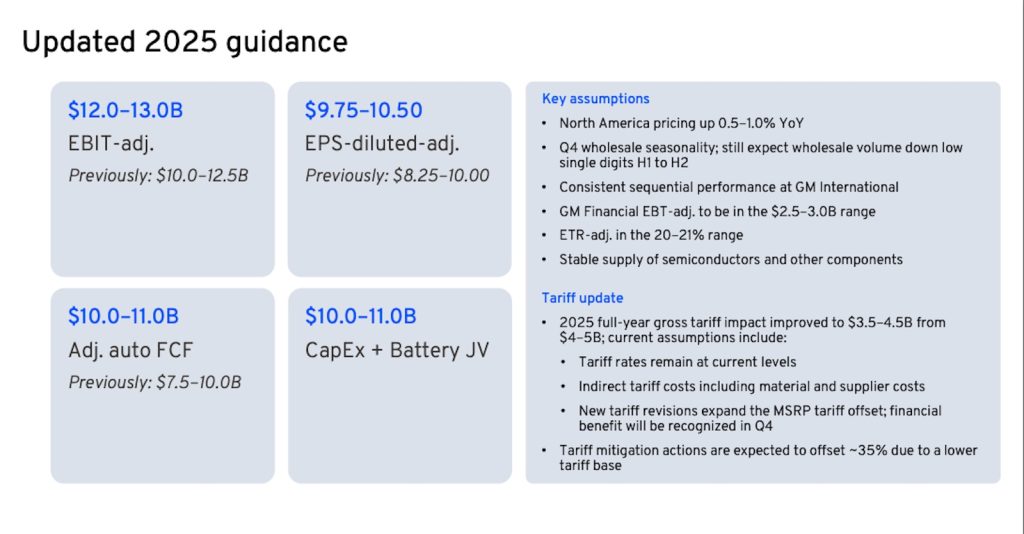 me in at $3.4 billion, a decline of 18% compared to the $4.1 billion from the year-ago period.
me in at $3.4 billion, a decline of 18% compared to the $4.1 billion from the year-ago period.
The company’s adjusted numbers paint a much rosier picture of the company’s financials; however, Barra was quick to point out the company is taking a “disciplined” approach to the handling of its EV business while remaining committed to its internal combustion lineup. That said, she noted electric vehicle success remains the company’s focus long term.
“As I have said, electric vehicles remain our North Star, and I am proud of the way our portfolio of Cadillac, Chevrolet and GMC EVs have connected with customers,” she wrote in a letter to shareholders.
“We believe their performance will improve, even in a smaller market. At the same time, we will continue to invest in new battery chemistries, form factors, and architectural improvements to drive profitability.”
More GM News
- GM-Honda Drift Further Apart on Next-Gen Hydrogen Tech
- GM Announces Potentially Far-Reaching Alliance with Hyundai
- Why Is GM Dumping So Many Seasoned Corvette Execs?
Dealing with tariffs and Trump
Barra noted the company has developed a strategy to deal with the current set of tariffs and remains diligent in its dealings with the White House to ensure the current plan is the best plan.

Barra thanked President Donald Trump for the change in tariff policy implemented last week in a letter to shareholders.
“I also want to thank the President and his team for the important tariff updates they made on Friday,” she noted. “The MSRP offset program will help make U.S.-produced vehicles more competitive over the next five years, and GM is very well positioned as we invest to increase our already significant domestic sourcing and manufacturing footprint.”
Barra mentioned the company is investing $4 billion in plants Tennessee, Kansas and Michigan in the next two years to increase U.S.-based production to 2 million vehicles annually. The company is also investing nearly $1 billion in its Tonawanda, New York plant to “build a new generation of advanced, fuel-efficient V8 engines.”
The investments represent GM’s strategy to keep its feet in both the EV and ICE camps as it moves forward. It’s also keeping its tech-oriented programs moving forward as well.
“We are also making significant progress on our autonomous vehicle strategy and our next-generation software-defined vehicle platform, which will deliver smarter, more personalized vehicles, reduce complexity, improve stability, and unlock new revenue streams,” Barra noted.

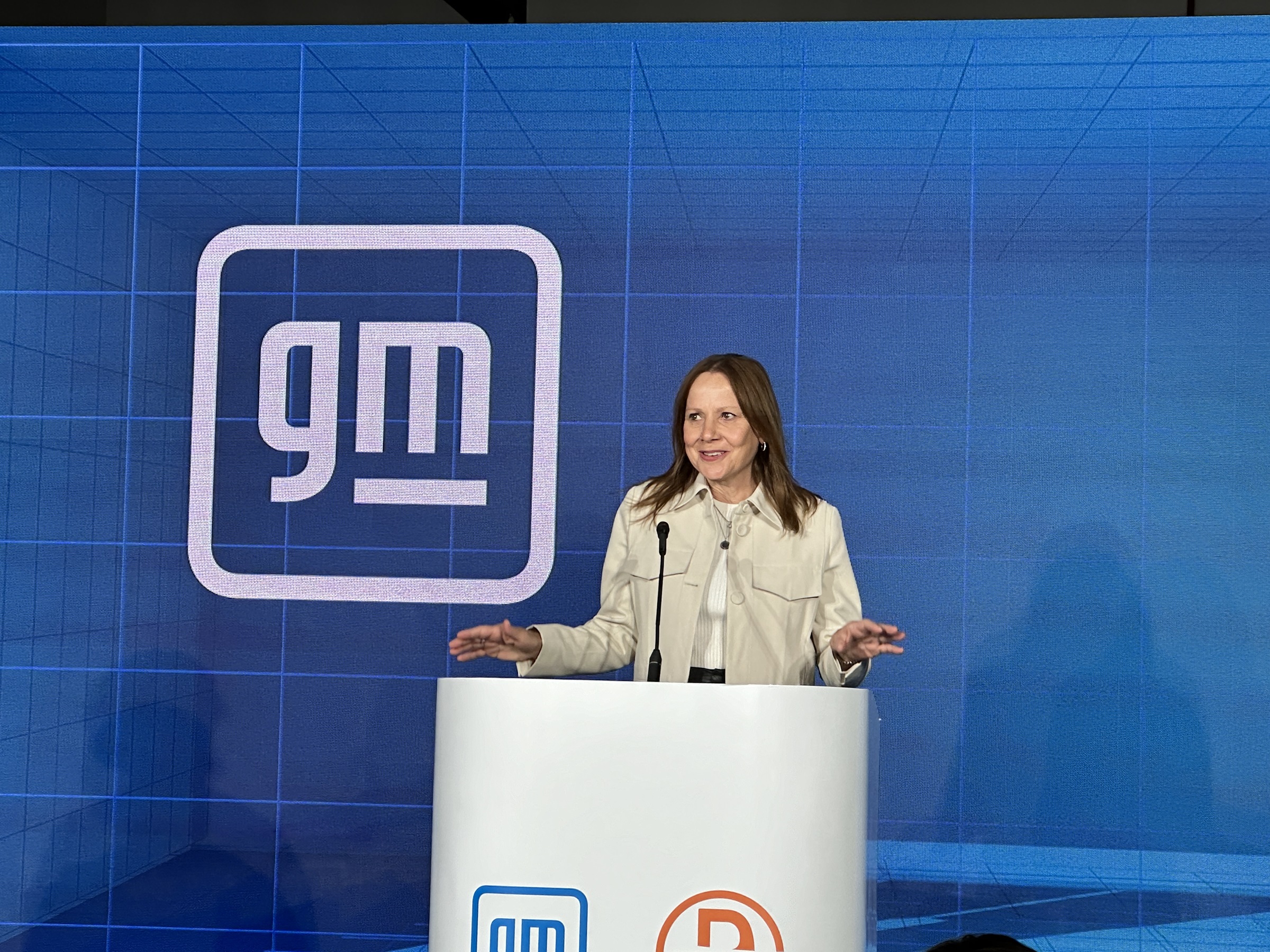



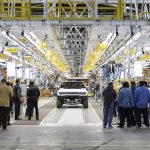

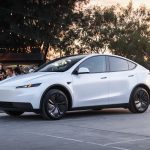

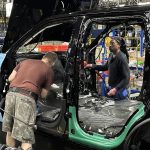

0 Comments